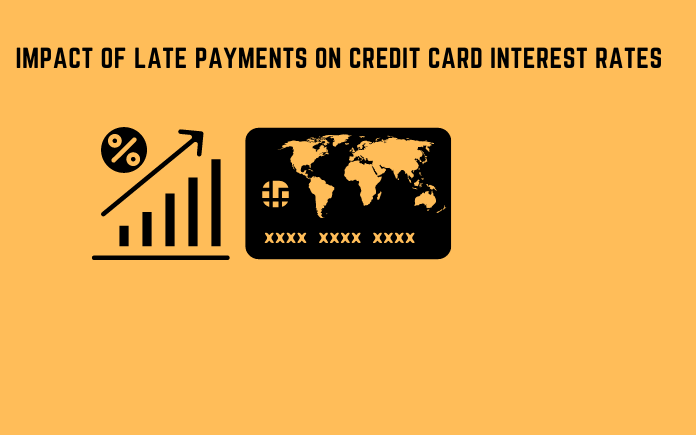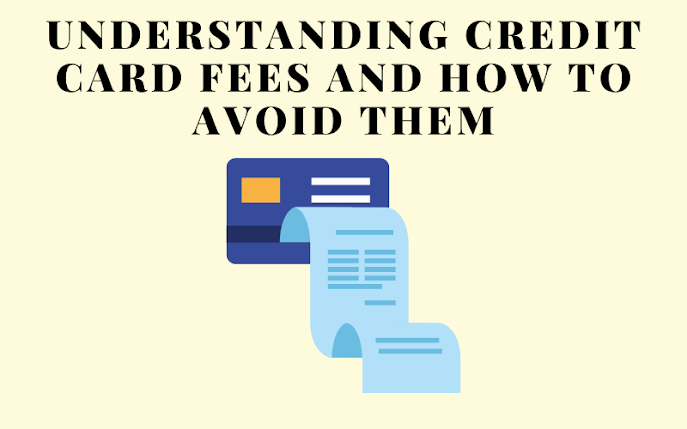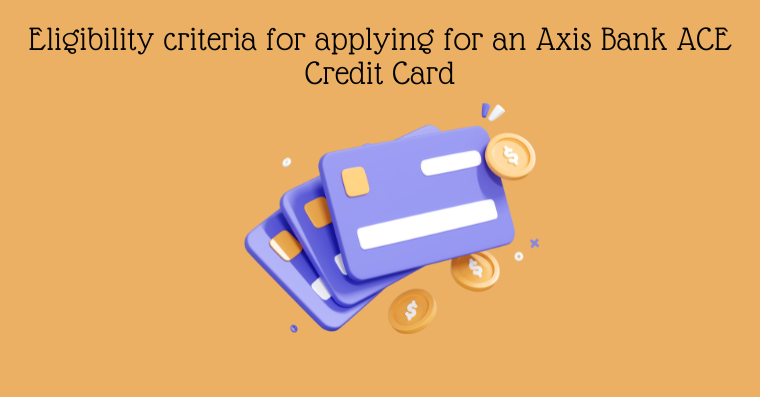Impact Of Late Payments On Credit Card Interest Rates
You will typically be required to make a monthly deposit on your credit card balance at the end of each billing cycle. It is strongly advised that you pay off your full balance every month to avoid paying interest that you make these payments on time. Thus, a late or missed payment can financially affect you in three different ways and they are as follows:
●
You might receive late payment
fees
●
You might have to deal with your credit card’s interest rate is
increased to the penalty rate.
●
Your credit score may be impacted by your late payments, which will
likely be recorded in your credit history.

Fees for late payment
When you pay your monthly statement late, the
majority of credit card agreements impose specific fees. Depending on the size
of your balance, the charge will usually be between Rs. 500 and Rs. 1000. This
can represent a sizable portion of your balance for lower monthly balances
under a few hundred rupees. Your financial burden will be equal to a year's
worth of interest on that balance if you pay just one late payment fee.
What are your alternatives?
If this is your first missed payment, you
might want to get in touch with the business to see if they will postpone the
late fee. Although there is no assurance, card issuers occasionally have fee
flexibility for clients who have historically maintained a generally good
standing.
They might cooperate with you to have this
charge dropped.
From Penalty APR, Higher Interest Rates
Credit card companies are typically not
allowed to formally raise the interest rate on your credit card without 45
days' notice, and they can only do so after the first year.
(Note: If your credit card has a variable
interest rate, the actual rate could increase if the prime rate changes because
the APR you offered is the prime rate plus a small amount.)
If you end up paying a credit card bill more
than 60 days late, that is one significant exception. In this scenario, a lot
of credit cards will change your APR from the one you initially chose to the
penalty or default rate. The penalty APR, which most businesses estimate to be
between 27 and 30%, will be significantly higher than the regular interest rate
you were previously paying on your card.
Getting your original purchase
back APR
The only way to stop the application of the
penalty rate is to make timely payments going forward. For your interest rate
to return to the initial offer, you must make on-time payments for 6
consecutive billing cycles.
Impact on your credit history and score
Even though the late fee is a one-time payment
and the penalty APR is typically only applied to that one card, late payments
that are more than 30 days overdue are registered on your credit report after
being reported to the credit bureaus. Your payment history or more precisely,
the absence of negative information on your payment history accounts for 35% of
your credit score. Your credit score will be lowered if you have a history of
late payments. The amount of the reduction will vary depending on several
variables such as the frequency of your late payments and your previous credit
score.
Conclusion
Interest rates on credit cards are
significantly impacted by late payments. When a cardholder fails to make a
payment on time, the credit card company may charge a late fee and hike the
interest rate. This is done because the issuer wants to make up for the higher
risk that late payments pose to them. Because of this, the interest rate may
rise significantly, making it more costly for the cardholder to use their
credit card to carry a balance and repay debt.
Read More: Perks Of Having SBI Bank Credit Cards



Comments
Post a Comment